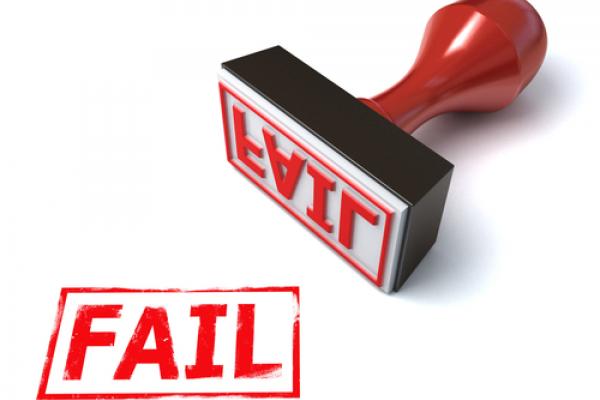Jul 27, 2012
I think we’re terrified of failures for the same reasons we’re scared of death, or any type of palpable ending, for that matter. Failure, at its heart, really is a small death. And who wants to go through that if they don’t have to? I’m not saying that we should set ourselves up intentionally to fail, but I get the sense that, more often than not, the fear of the possibility of failure keeps us from really living well. And really when you think about it, if you never fail, you may never figure out where your limits are. What a boring, uninspiring way to live.
So here are some reasons I’ve decided that failure isn’t just inevitable or necessary, but that it’s actually kind of wonderful.
Read the Full Article

Already a subscriber? Login
